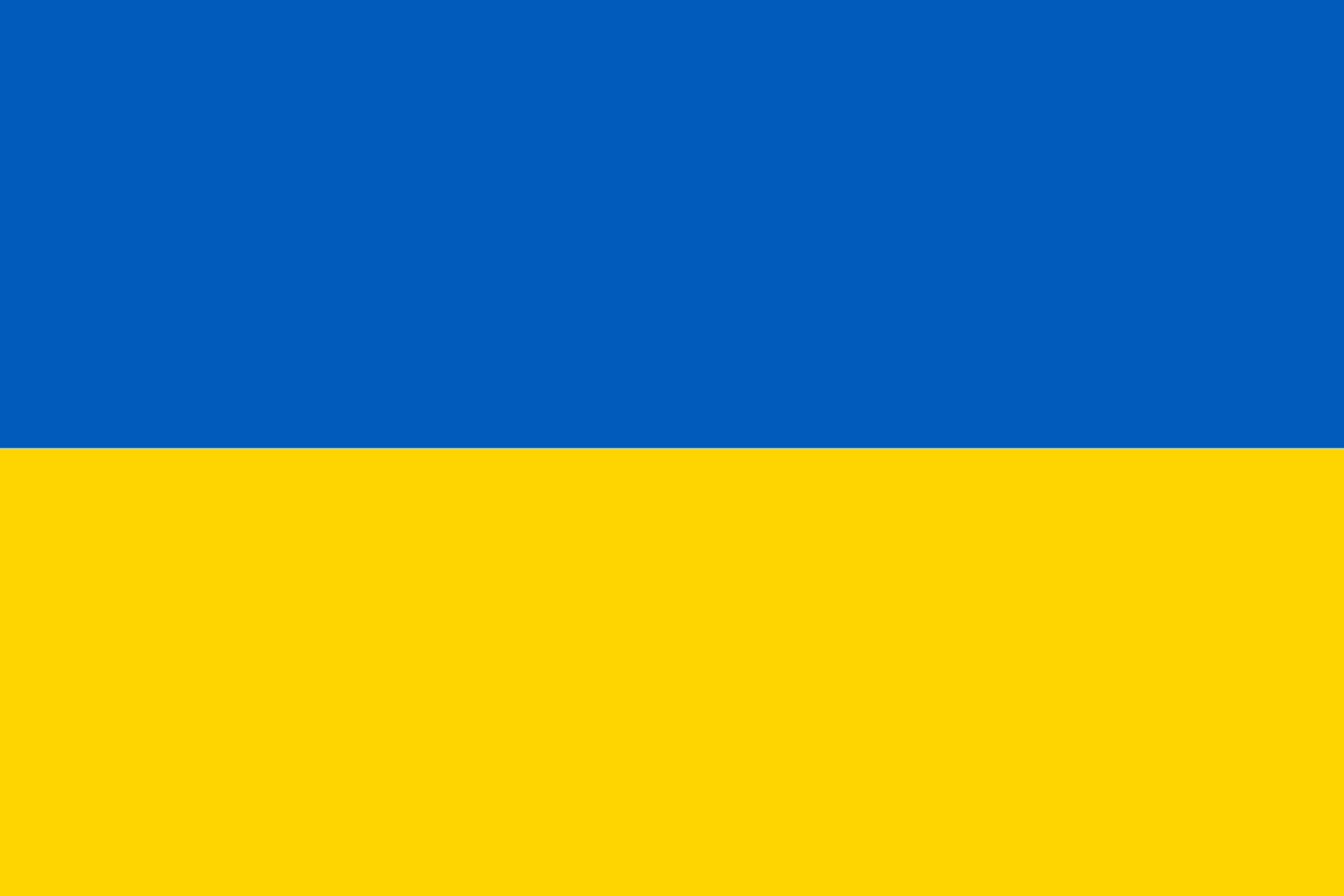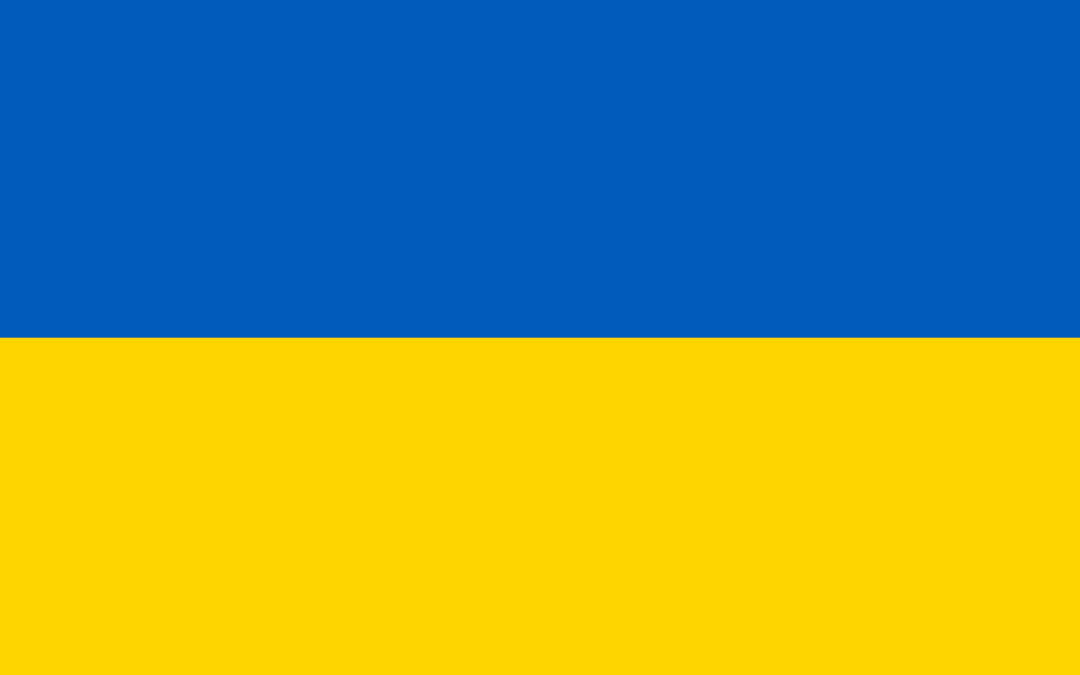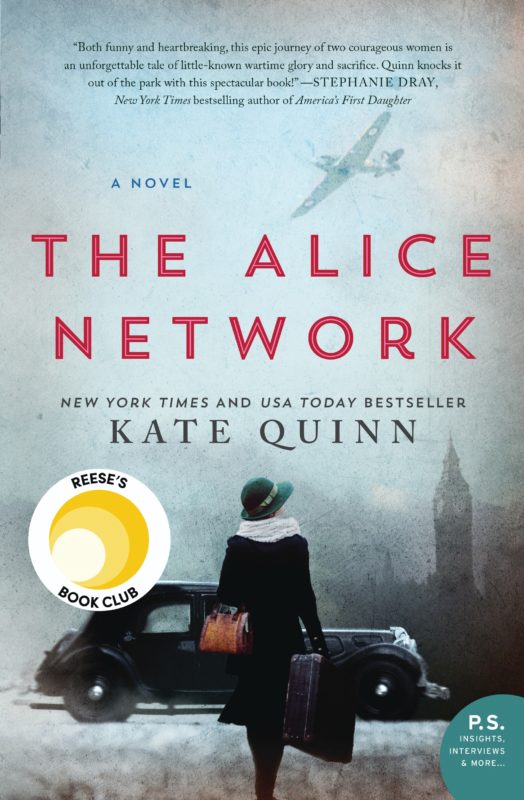When I wrote THE DIAMOND EYE, I had no idea the Russian invasion of Ukraine would crash into international headlines a matter of weeks before the book released, throwing the novel’s history into a stark spotlight. The history between Russia and Ukraine is long, bloody, and painful, and is only becoming more so. I have been asked why I wrote a book where the two nations exist under the same national umbrella, and whose heroine (real life World War II sniper Lyudmila Pavlichenko) is apparently Ukrainian-born but pro-Russia.
During World War II, Ukraine was–unwillingly and unhappily–part of the Soviet Union, existing under the umbrella of Stalin’s USSR. I wrote THE DIAMOND EYE based on Lyudmila Pavlichenko’s memoirs, in which she uses Russian place names and states clearly that she considered herself Russian/Soviet. She was born in Ukraine but her father was Russian–his name was Belov, her maiden name Belova; Pavlichenko was her married name. Her father was both NKVD and a staunch follower, and appears to have raised her in the same way: she lived in Moscow in her later life, with apparent contentment, and never fell out of favor in the communist regime. The matter of where her loyalties truly lay, between the horrors of starvation and oppression her homeland suffered and the beliefs taught to her by the state and her father, is fraught, and I tried very hard to in THE DIAMOND EYE to show that her memoirs did not tell the whole truth. Lyudmila was a self-described city girl, and may have been ignorant of the purges and famines that racked the Ukrainian countryside–even today we are seeing in the news how much the Russian propaganda machine conceals from its own people; the grip on information unflattering to Stalin’s regime was even stronger during her lifetime.
However, even if Lyudmila believed in Stalin’s regime, it cannot be denied that she was Ukrainian-born and that all her fighting was done on Ukrainian soil in defense of Ukrainian civilians. I consider her a Ukrainian national heroine, not a Russian national heroine, and I have rejoiced to see how much modern-day Ukraine has claimed her as their own. Her fight against Hitler was not fundamentally political; it was simple self-defense–the efforts of one woman to help repel the brutal invasion of her homeland, and that is the struggle I have depicted in THE DIAMOND EYE. There is not a doubt in my mind that if she lived today, she would still be fighting to defend Ukraine, and for the same reasons: to stop the invasion of her home.
This book was completed long before the current war began. I wish I’d had a chance to write it afterward, when I could highlight even more strongly the courage and heroism of the Ukrainian people, and the suffering they endured at Russian hands. I support Ukraine, always, and will continue to do so.









